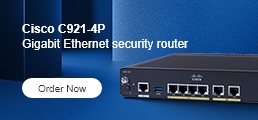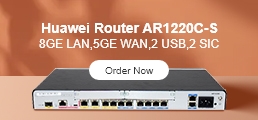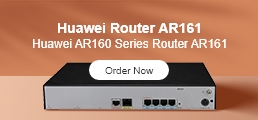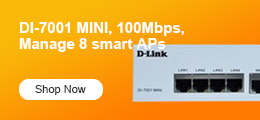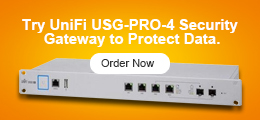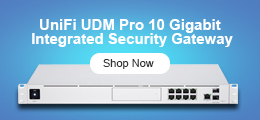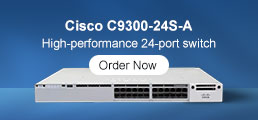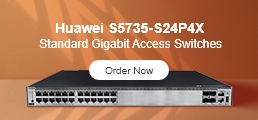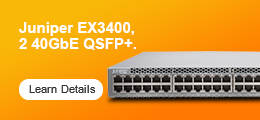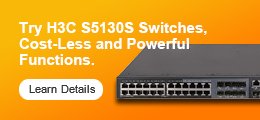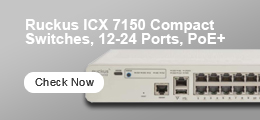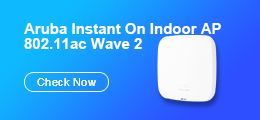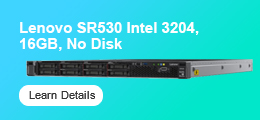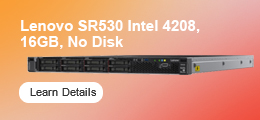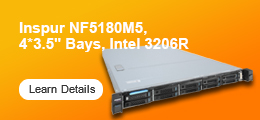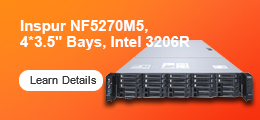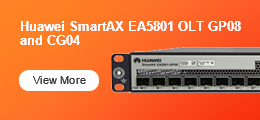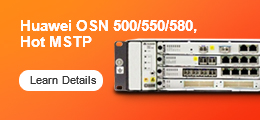What’s VoIP?
VoIP stands for Voice over Internet Protocol. It is also referred to as IP Telephony, Internet Telephony and Internet Calling. It is an alternative way of making phone calls that can be very cheap or completely free. The Internet Protocol (IP) was originally designed for data networking. The success of IP in becoming a world standard for data networking has led to its adaptation to voice networking.
Advantages of VoIP
There are many benefits of voip for the residential and small office/home office user. If you have a high speed internet connection then choosing a VoIP phone service might be right for you.
Low Cost
This technology leads to greater financial savings. It reduce travel and training costs, thanks to web and video conferencing. If you have a broadband Internet connection (DSL or cable), you can make PC-to-PC phone calls anywhere in the world for free. If you wish to make a PC-to-phone connection, there's usually a charge for this but probably much cheaper than your regular phone service.
Low Taxes
Since the calls are being carried over the Internet, governments have not heavily taxed VoIP phone services. Choosing a VoIP provider could add up to significant savings for you and your family.
Features
Unlike regular phone service which usually charges more for extra features, VOIP comes with a host of advanced communication features. For example, call forwarding, call waiting, voicemail, caller ID and three-way calling are some of the many services included with VOIP telephone service at no extra charge. You can also send data such as pictures and documents at the same time you are talking on the phone.
VoIP phones can integrate with other services available over the Internet, including video conversation, message or data file exchange in parallel with the conversation, audio conferencing, managing address books and passing information about whether others (e.g. friends or colleagues) are available online to interested parties.
Video-conferencing
VoIP enables advanced bandwidth capabilities and improved video-conferencing and at a reasonable price.
Portability
One important concept to understand about VoIP is that unlike it’s forefathers PSTN, it is not distance or location dependent. As far as VoIP is concerned, you could be calling your supplier 1,000 miles away in Indonesia or calling your business partner on the other end of town, and it doesn’t make any difference at all, in terms of connectivity and cost.
No extra cables, no extra cost
A VoIP phone number, unlike your regular phone number, is completely portable. Most commonly referred to as a virtual number, you can take it with you anywhere you go.
Even if you change your office address to another state, you phone number can go with you. Heck, you can even take your whole business with you wherever you travel.
Flexibility
When you choose a VoIP phone service provider, you will be sent a converter to allow a regular phone to use the VoIP phone service. Your phone number is programmed into the converter. This means that you can take your phone converter and phone number and use them wherever you travel in the world, just as long as you have access to a high-speed Internet connection. Because your telephone number is based in your converter (and not your home/office), you have the option of choosing any area code for your phone number. Some carriers will allow you to have more than 1 phone number in different area codes for a small additional fee (called a virtual phone number).
Disadvantages of VoIP
No service during a power outage
It is impossible to keep in service by the current supplied through the phone line with IP phones during a blackout, so when the power goes out, there is no VOIP phone service. In order to use VoIP during a power outage, an uninterruptible power supply or a generator must be installed on the premises.
Emergency calls
Traditional phone equipment in emergency calls can trace your location. However, because a voice-over-IP call is essentially a transfer of data between two IP addresses, not physical addresses, with VOIP there is currently no way to determine where your VOIP phone call is originating from.
Reliability
Because VOIP relies on an Internet connection, your VOIP service will be affected by the quality and reliability of your broadband Internet service and sometimes by the limitations of your PC. Poor Internet connections and congestion can result in garbled or distorted voice quality. If you are using your computer at the same time as making a computer VOIP call, you may find that voice quality deteriorates dramatically.
This is more noticeable in highly congested networks and/or where there are long distances and/or internetworking between end points.
VoIP Voice Quality
VoIP has a bit to improve on Voice Quality, but not in all cases. VoIP QoS(Quality of service) depends on so many factors: your broadband connection, your hardware, the service provided by your provider, the destination of your call etc. More and more people are enjoying high quality of phone calls using VoIP, but still many users complain of hearing Martian, having to wait a lot before hearing an answer etc.
Security
The most prominent security issues over VoIP are identity and service theft, viruses and malware, denial of service, spamming, call tampering and phishing attacks.




